Partners
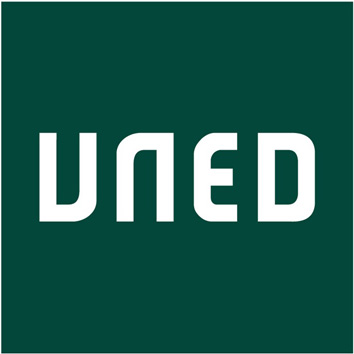
Universidad Nacional de Educacion a Distancia
UNED, established in 1972, is the largest public university in Spain and the main Spanish institution for distance and blended learning. UNED has as its main goal to provide quality higher and continuing education opportunities to all through a distance education system. UNED statutes set out explicitly commitments such as “services to society”, especially in situations that could prevent certain people from getting access to higher education courses. Another aim is to offer continuing study to those unable to attend regular schedules of conventional higher institutions. Today UNED has over 210.000 students scattered all over Spain in 60 associated centres where students have access to libraries, tutoring, and other learning resources. UNED also has 20 associated centres abroad. Around 1.500 full time lecturers in Madrid and 1.200 administrative officers supervise the teaching and organisation of more than 30 degrees, over 40 post-graduate programs and 15 doctoral programs.
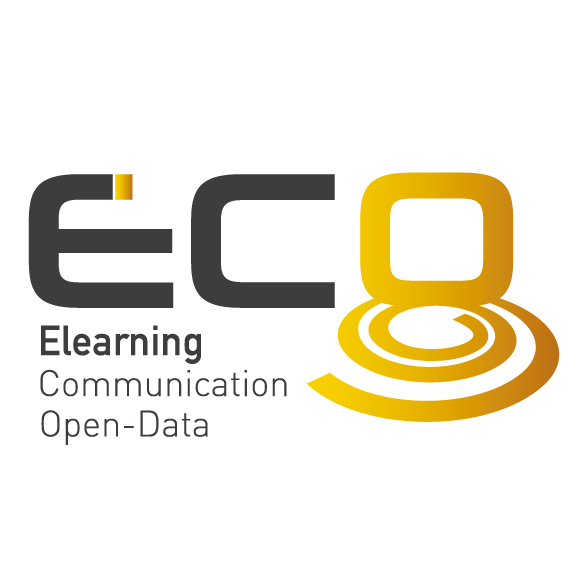
ECO Digital Learning, S.L.
ECO Digital Learning S.L., participated and chaired by the National University of Distance Education (UNED), has the social purpose of spreading a new way of educating through open online courses (MOOC) and optimizing the possibilities of this type of ubiquitous, open, accessible and massive learning on a pan-European scale. ECO offers the possibility of training citizens throughout their lives. Its main activities are as follows:
1. Develop actions aimed at promoting the social and educational inclusion of citizens around the world, favoring the growth of open knowledge and collaborative learning.
2. Provide advisory services to educational institutions, social and governmental agents, as well as private companies, related to the creation, development, implementation and promotion of mass, online and open teaching / learning.
3. Participate in competitive calls related to continuous training and collaborate in the dissemination of its values in international forums.
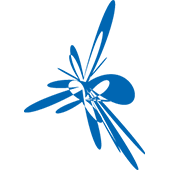
Savoir Devenir
The non-profit association “Savoir Devenir” aims to support the digital transition through actions in favour of: – Media and Information Literacy (ML increased by the digital) – Digital literacy (read, write and create on all media) – Internet governance (decoding digital technology to influence future decisions) It is backed by the UNESCO “Savoir Devenir” Chair located at the Sorbonne Nouvelle University in Paris and relies on a network of national and international partners. The association addresses all publics – citizens, educators, institutional and industrial actors to foster humanistic and ethical digital initiatives.

Burgaski Svoboden Universitet
BFU is one of the first non-state universities in Bulgaria. Students receive training in 4 faculties: Faculty of Legal Studies; Faculty of Business Studies; Faculty of Computer Science and Engineering and Faculty of Humanities. The university structure comprises a number of academic centres including a Centre for Distant Education and a Technology Transfer Office. Having the most modern and newest facilities and equipment in the system of higher education in Bulgaria BFU provides a beneficial environment for education, research and scientific events. It is accredited by the National Evaluation and Accreditation Agency with a capacity of 7200 students and is certified according to the quality standards of ISO
9001:2008; it participates in ETCS.
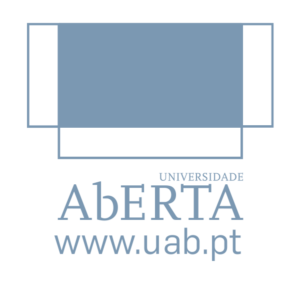
Universidade Aberta
Universidade Aberta (UAb) is the public Portuguese distance education university. Pioneer in distance higher education in Portugal, it was founded in 1988 and it has been promoting actions related to higher education and continuous training. It has also contributed to develop important know-how that allows it to be the biggest provider of online courses in the country. At present UAb is considered to be amongst the European mega-providers of e-learning, playing a prominent role in 1st and 2nd cycle (graduation and master’s) educational offering. It also has PhD programs. Universidade Aberta’s Pedagogical Model is based on e-learning and on the intensive use of new tools for online communication, collaboration and learning. Part of its duties are to conduct research, to support the participation of their teachers and researchers in scientific institutions and to promote cooperation and cultural, scientific and technical exchanges with similar national and foreign institutions.
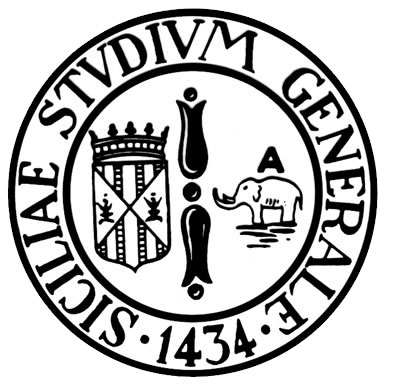
Università degli Studi di Catania
The foundation of the University of Catania, the oldest in Sicily, dates back to 1434, when the King of Spain, Alfonso of Aragon (who was also King Alfonso I of Sicily) authorized the establishment of a Studium Generale with the privilege of issuing legally valid academic titles. The University of Catania has now 18 Departments and 2 Didactic Units that, additionally to the traditional assignments of scientific research, are in charge of the organization and management of educational activities. With its 3000 human resources (teachers, researches and administrative staff), the University of Catania offers a quality education and is a leader at regional, national and international level.

MAG-UNINETTUNO s.r.l.
MAG-Uninettuno s.r.l. is a spin-off of the International Telematic University UNINETTUNO. It aims to enhance the scientific research and technological development activities carried out by the University. Its main activites are the design, implementation and delivery of vocational training courses at distance, the technological transfer and the consultancy. Main areas of activity are the new ICT technologies and the digital competences, the teachers training and the Third Sector. MAG activities have also created experience, multidisciplinary expertise and skills related to the design, development, testing and management of services in the audiovisual field on the web.

